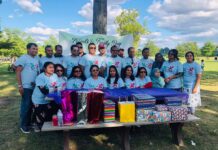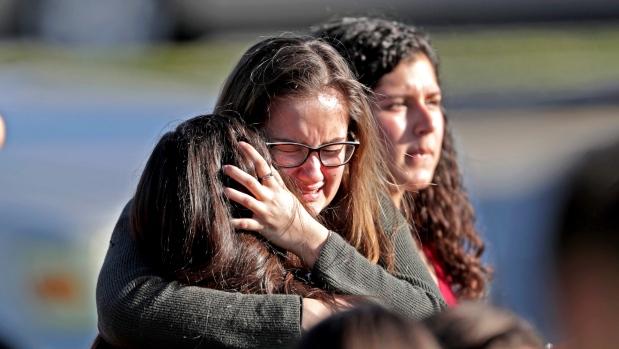
About 70 expatriate Bangladeshis — most under 30 but including a diverse mix including families with toddlers on strollers, elderly women and youths — demonstrated Feb. 9 near the Golden Gate Bridge here expressing solidarity with the tens of thousands of demonstrators in Shahbagh Square in Dhaka demanding severe punishment for war criminals in 1971.
Hundreds of thousands of people rallied in Bangladesh’s capital Feb. 8 to demand executions for people convicted of war crimes involving the nation’s independence war in 1971. (See Subcontinent page.)
The protesters led by youth bloggers represent a massive popular upsurge against war criminals in 1971, many of whom belong to Bangladesh’s largest Islamic party, Jamaat-e-Islami.
The protesters said a life term was not enough since a tribunal had found Abdul Quader Mollah guilty of five charges, including playing a role in the killing of 381 unarmed civilians.
Rabab Mohsin, a 20-something Wells Fargo bank employee, got in touch with Intel employees Salwa Mostafa and Ashraf Bin Islam, also in their 20s, and they put out the word through Facebook and Twitter.
Mahmood Hossain, a professor of marketing at San Francisco State University, was at the protest, and said he was inspired by the “spontaneous” response.
Hossain said he draws inspiration from both generations.
“My inspiration is my little baby — my wish is for him to inherit a more beautiful world free of killer (Islamist) Razakars, and I draw courage from my septuagenarian mother who has braved the long dark of night to demonstrate.”
Raj Hameed, a hotel executive, was delighted with the effort.
“By 1 p.m. the place was filled with red/green Bangladesh flags and people dressed in red and green sarees, shirts and trousers,” he said.
Tina Jabeen, a CPA, said, “I went to voice my opinion that I want the war criminals — the Bangladeshis who collaborated with the Pakistan army during the Independence War — to get the highest punishment allowed.”
Rabab Mohsin, one of the organizers, said the non-political event was hosted to express solidarity. “We wanted people back in Bangladesh to know that while we may not be in Shahbagh, we were still right there with them in terms of support,” she said.
Source: indiaWest









